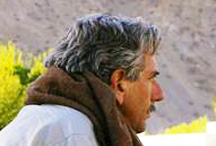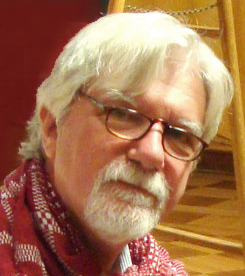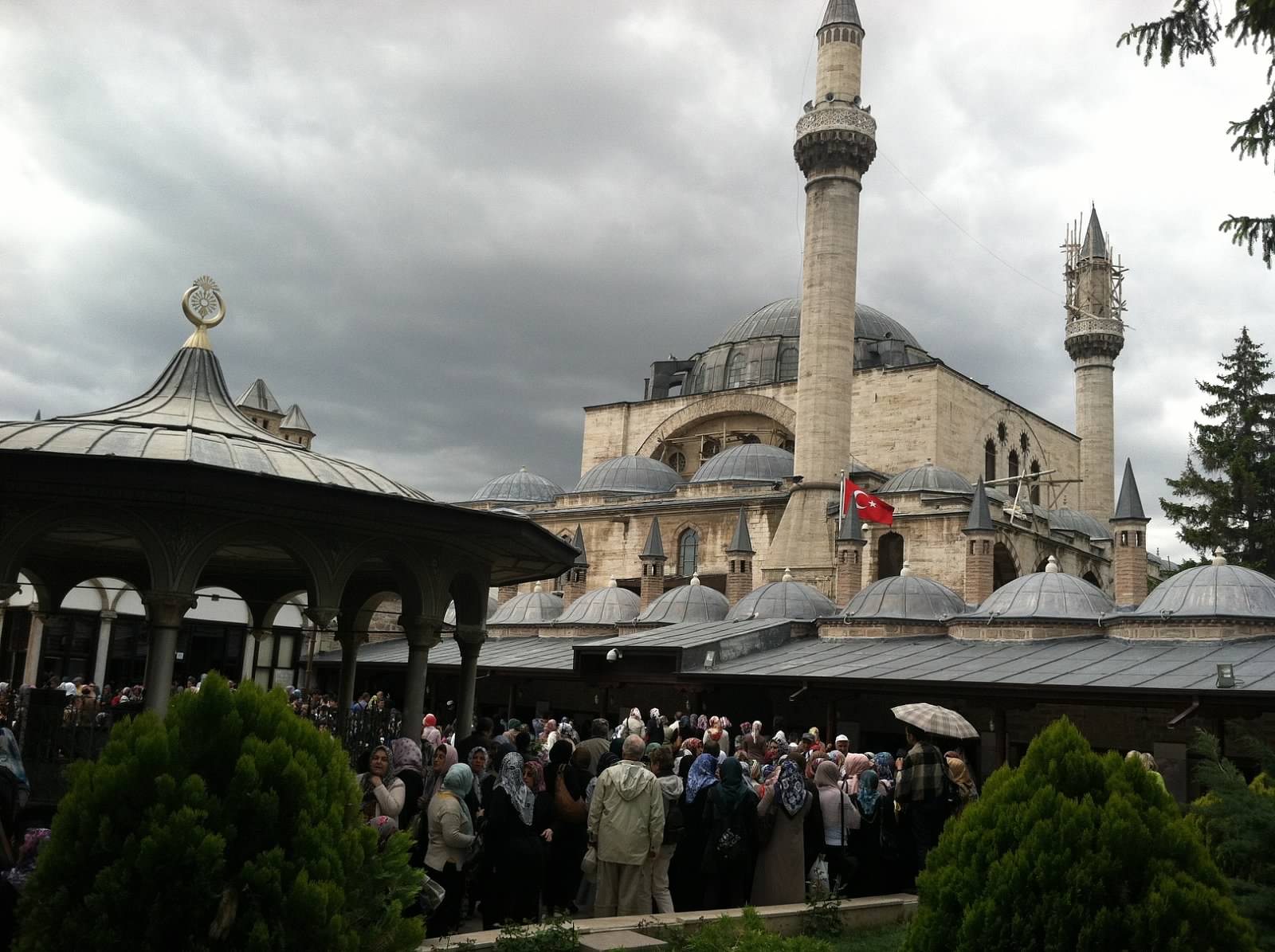Living with the Truth (Haqq)
Robert Abdul Hayy Darr speaks on how appearances and the nurturing of appearances often carry the day. He opens with a Mullah Nasreddin story and explores deeply why it is that we are constantly feeding the various and differing personas that we have learned to take on not only as vestments, but also to inhabit so completely that we may not remember who we really are. His hope is that we may inhabit that sacred level of body and heart that makes us fly on the Buraq of love into the Heaven of Divine Love, that it take us on high to the heavens and guide us to our original self.
Podcast: Download
Subscribe: RSS











